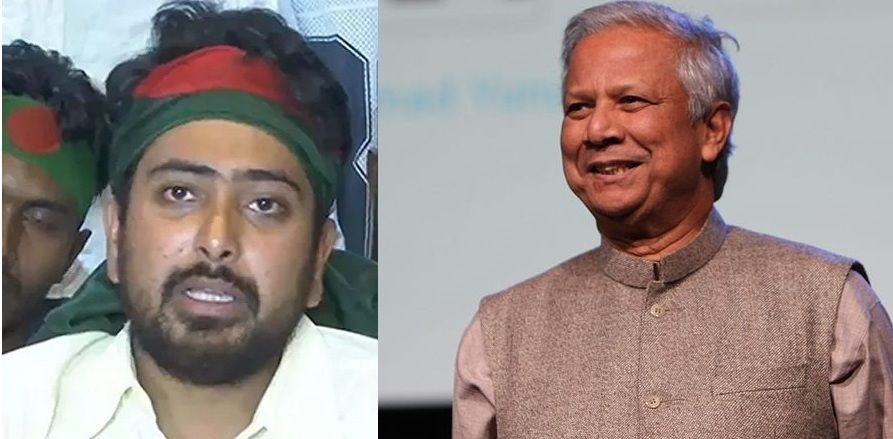Nahid Islam Emerges as Key Figure in Formation of Bangladesh’s Interim Government
Nahid Islam, one of the main coordinators of the anti-quota protests that led to the resignation of Bangladesh Prime Minister Sheikh Hasina, has emerged as a central figure in the formation of an interim government. Following Hasina’s departure on Monday, Islam has been involved in significant discussions with President Mohammed Shahabuddin and Army Chief General Waker-Uz-Zaman about the new government’s structure.
As chaos engulfed the streets of Dhaka on Monday, Islam informed the media that he would propose an interim national government within 24 hours, ensuring fair representation from the student community and civil society members.
Islam, a 26-year-old Sociology student at Dhaka University, was appointed Secretary of a 31-member central committee of a student body in October 2023. This committee also included Akhtar Hossain, a former social services secretary of the Dhaka University Central Students’ Union.
The student-led protests began after the High Court division of the Supreme Court in June 2024 overturned a 2018 government decision to abolish all quotas for first and second-class government jobs. Islam, often seen wearing the Bangladesh flag as a bandana, became the face of the movement.
In a televised address on July 17, following clashes between protestors and police that resulted in deaths and injuries, Hasina urged students not to fall prey to incitement by vested interests aiming to create chaos. Despite her appeals, the unrest continued, leading to Islam’s reported abductions and releases.
The government responded by forming a judicial inquiry committee to investigate the violence and deaths and assigned two Cabinet ministers to negotiate with the students. However, the situation escalated, with widespread violence attributed to the Bangladesh Nationalist Party (BNP) and its ally Jamaat-E-Islami, including its student wing, Islami Chhatra Shibir (ICS). The Hasina government accused these groups of orchestrating systematic vandalism that required expertise beyond that of the students.
Following Hasina’s departure on Monday, Islam was celebrated as a hero by supporters nationwide. He soon entered discussions with the country’s Army chief and worked to convince Nobel laureate Muhammad Yunus to lead the interim government.
As Bangladesh navigates this political transition, Nahid Islam’s role in shaping the interim government underscores the significant impact of student activism and civil society in the country’s democratic processes.


